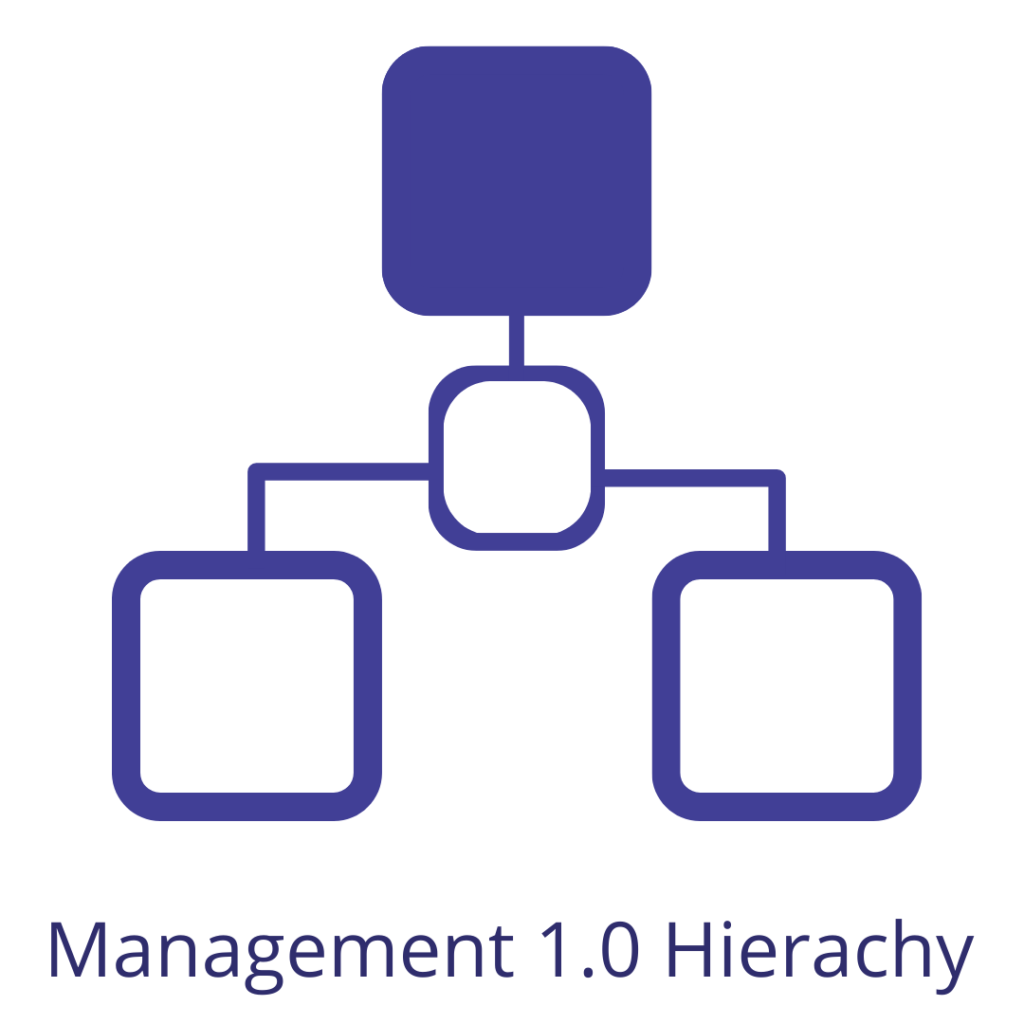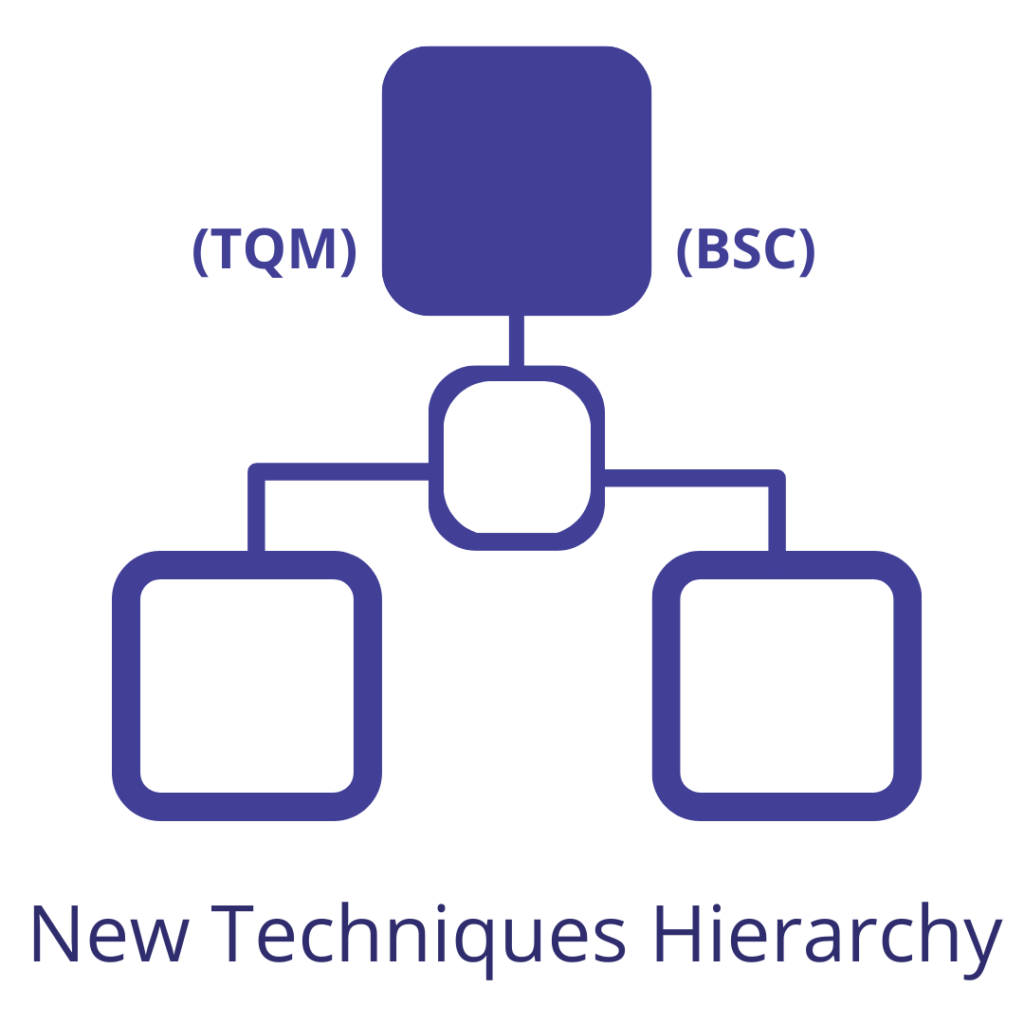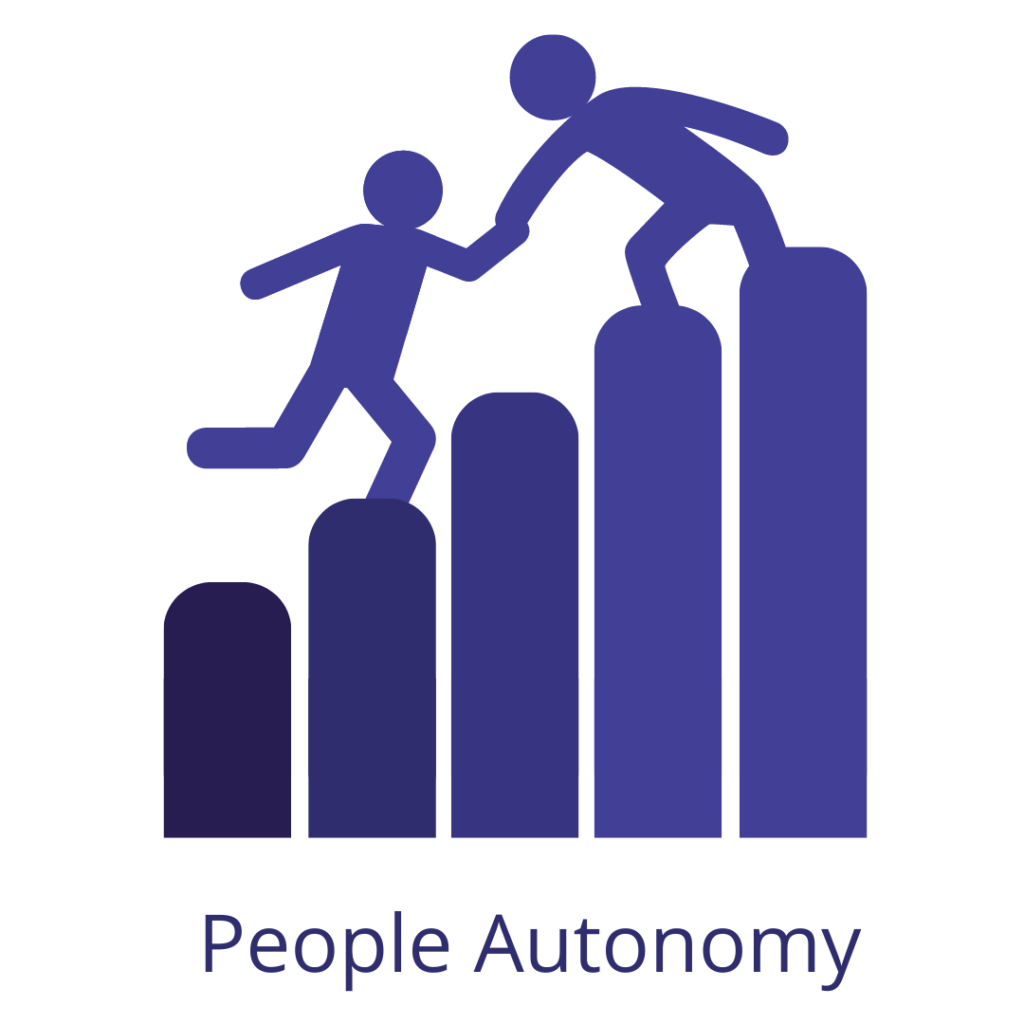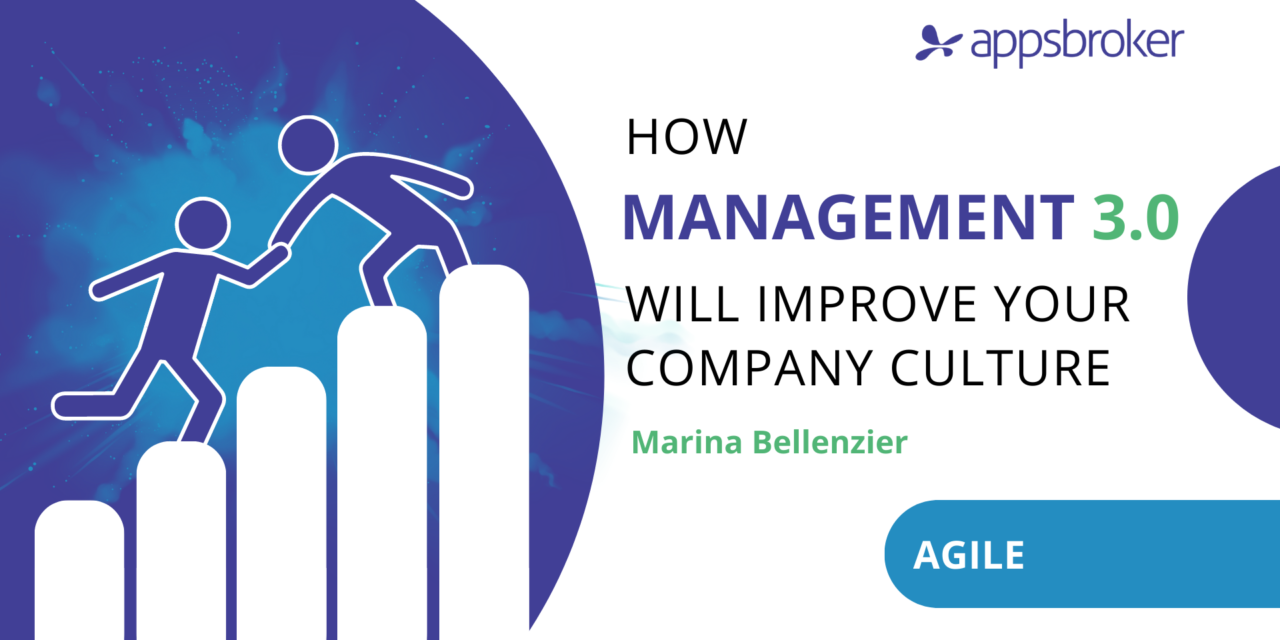Don’t forget about culture! If your organisation is transitioning to an Agile way of working, you must ensure your culture is in line with the change.
Culture in the workplace is omnipresent. It can be found in your office, your dress code, your leadership style, and in the way your team works together. It can be difficult to change a culture that no longer serves the needs of your team, especially as that team is evolving.
Management 3.0 is a management style taken from the same sources as Agile. It promotes a very strong culture and achieves better results by valuing employees. It is characterised by a flexible hierarchy that emphasises employee autonomy and participation in decision-making. Management 3.0 seeks to view organisations as complex, adaptive systems that organise, adapt, evolve, and learn. This means everyone is a part of management, whether they are managers or not.
What is Management 3.0?
The concept of Management 3.0 was created by Jurgen Appelo with the publication of the book “Management 3.0: Leading Agile Developers, Developing Agile Leaders”, in 2010.
According to his official website: “Management 3.0 is a movement of innovation, leadership and management. Management 3.0 is redefining the definition of leadership with management as a group responsibility. It’s about working together to find the most efficient way for a business to achieve its goals while maintaining the happiness of workers as a priority.”
To understand where it comes from, it is important to understand the history of management models:

Management 1.0: A management model practised through most of the twentieth century based on hierarchies, command and control – with reference to military models. At that time, workers were just task performers. This structure implies that managers do not trust their subordinates, often manifesting as micro-management. Management 1.0 focuses on metrics such as “utilisation.”

Management 2.0: Around 1980, new movements and tools emerged with the aim of leveraging the results of Management 1.0, such as Total Quality Management (TQM) and the Balanced Scored Card (BSC) However such practices, even at the time considered fads, were not enough to solve problems such as bureaucracy or slowness within organisations.

Management 3.0: This new management model emerged in the late 90s and early 2000s. The need for a management approach better suited to “knowledge work” has led to thinking that takes management in a different direction. Management 3.0 favours a set of basic principles and practises that can be easily applied to any specific business context. Most importantly, Management 3.0 prioritises worker happiness.
What are the principles of Management 3.0?
- Energise people: According to Jurgen Appelo, for any strategy to be successful, it is important to first engage (or energise) people. This is essential to keep them always creative and motivated to do their best.
- Empower teams: This is another concept worked on by Jurgen. According to the author, teams should feel valued and need to be given confidence from management, in order to achieve their best performance.
- Align Constraints: While teams should be encouraged to self-manage, it is also important that there are rules and limitations. Setting clear boundaries ensures that greater freedom does not become toxic for the company.
- Develop skills: In order for your team to manage itself, you must train employees and create multidisciplinary teams. This is essential for everyone to be able to do their part and move forward with a project.
- Increase structures: With greater communication and collaboration between teams, it is essential that there is also a conscious growth of the business, with a focus on quality and people development.
- Improve everything: Finally, this management model proposes to work with constant improvements in mind, and mistakes should be seen as opportunities for growth and development. With this, it is possible to leverage the business in a sustainable and predictable way.
How to implement Management 3.0?
To quote from the Management 3.0 website:
“You don’t want theories and soft management science, you want hands-on approaches that can become solutions for increasing employee engagement and improving results. You want to build a future. You want the right skills and you want them now.”
- The primary function of leadership is to foster culture through values. Middle management is the most crucial level in any company transformation because they can connect the strategy with the operational. Managers must deeply understand the organisation’s values and promote them on a daily basis, leading by example. Inspiring people to have good behaviours can quickly change organisational culture.
- Discourage the bad behaviours, and encourage the good ones. At an organisational level, bad behaviours can have a tangible impact on profitability. Feedback culture can always help teams and people develop better skills and increase productivity. Team leaders may attempt to address bad behaviour by working with the team member concerned, with a view to achieving realistic soft skill targets. They may also promote good behaviours individually and publically as examples of the right path.
- Clarity of values can make a significant contribution toward a better culture. Having a clear set of values helps employees understand what the business stands for. It gives them guidance for their work and a sense of security. The values must be transparent and explicit everywhere and they should be highlighted very often by all levels of management. In Appsbroker, we use many tools to promote our values, such as; strategic meetings with the whole company, banners and hashtags on our intranet,
Final Thoughts
The market demands changes in the way organisations are managed. Management 3.0 is an intelligent way to modernise management, recognizing the value of people and creating a culture where management becomes the responsibility of everyone.
Replacing the hierarchy in a rigid structure by prioritising greater freedom, autonomy and quality of life for all, will make your company more Agile and increase your business value.











